How does a bad night’s sleep affect your sporting performance?
Here's why you perform better when you sleep well.
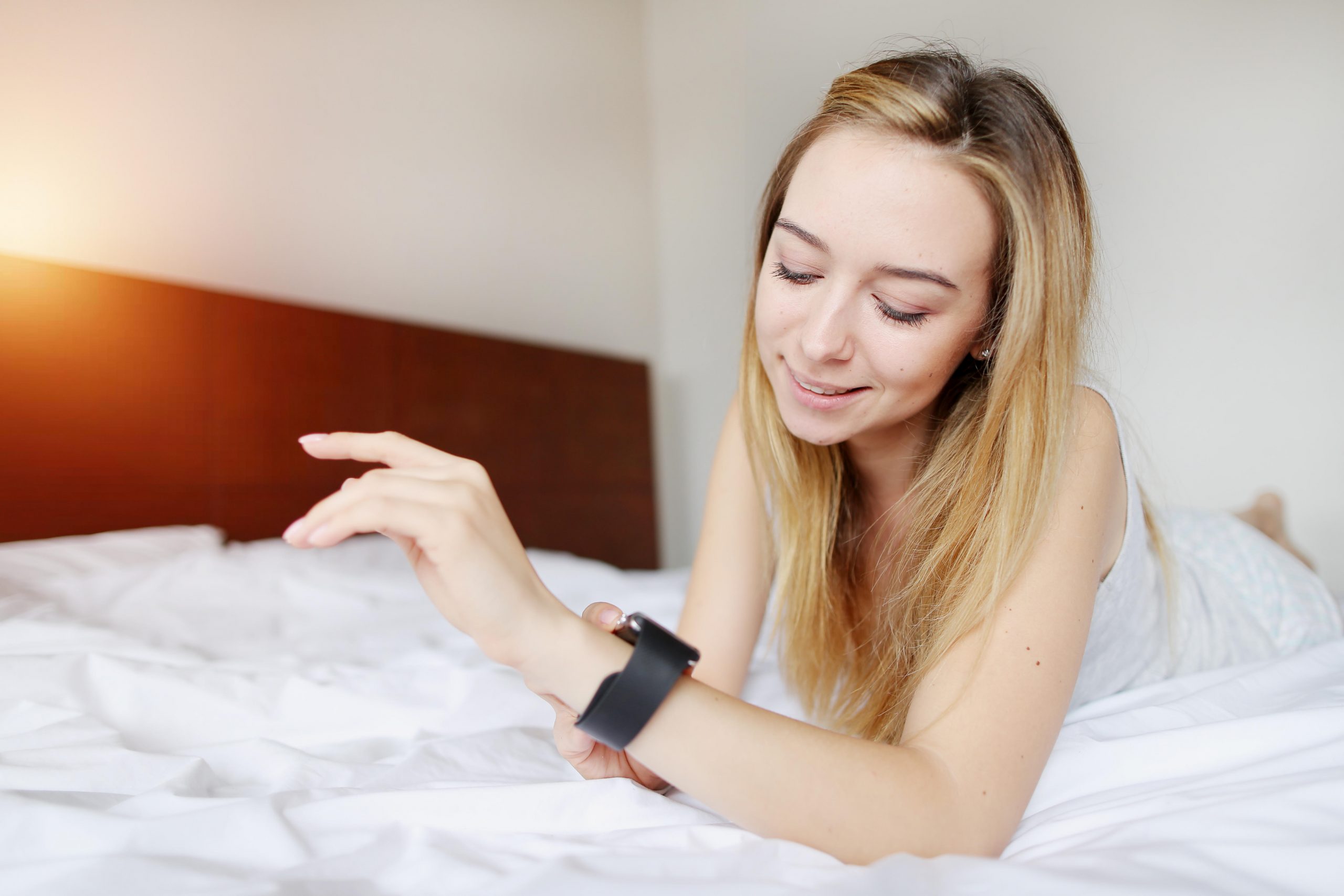
Exercise and sleep are deeply intertwined. Regular exercise increases slow-wave sleep – the most restorative stage of sleep. In turn, good slumber motivates us to exercise and helps our bodies function better when we work out.
Already known to relieve anxiety and depression, exercise also regulates our circadian rhythm. If this is out of sync it affects our ability to drift off. Research by Stanford University found that daily exercise helped middle-aged and older people fall asleep 15 minutes earlier and sleep for 45 minutes longer. But it also works the other way around – sleeping well can improve athletic performance.
'Sleep and elite sport enjoy a two-way relationship,' explains Dr Sarah Gilchrist, a professional sports performance consultant and a member of The Sleep Charity’s Sleep Council advisory board. 'They affect each other, specifically within the areas of training, travel and competition. Although the extent to which depends very much on the individual athlete,' she explains.
Luxury mattress company TEMPUR® understands the connection between superior sleep and sporting performance, which is why it has been a longstanding ally of some of the world’s best athletes, including tennis legend Serena Williams. TEMPUR® provides sports stars with the comfort and luxury they require to rest, so they’re primed to participate and win.
TEMPUR® created the first memory foam and pillow in 1991. It evolved from a unique material made by NASA scientists to absorb the pressure of G-force during space flight. Now, it is the only mattress company on the planet to be certified by the International Space Foundation, thanks to its iconic mattress material, which is proven to give outstanding comfort, support and relief for a fantastic night’s sleep.
How does sleep affect sporting performance?
Not sleeping well or exercising can create a vicious cycle. There is a link between lack of sleep and an increased risk of conditions such as depression, diabetes and obesity. If we develop any of these they can affect our motivation or ability to exercise. So we don't exercise, and we don't sleep.
If you exercise or play sports, you are probably aware that a lack of sleep affects your performance. Science backs this up. According to research featured in the European Journal of Applied Physiology just one night of sleep deprivation can decrease a runner's endurance on a treadmill.
GoodtoKnow Newsletter
Parenting advice, hot topics, best buys and family finance tips delivered straight to your inbox.
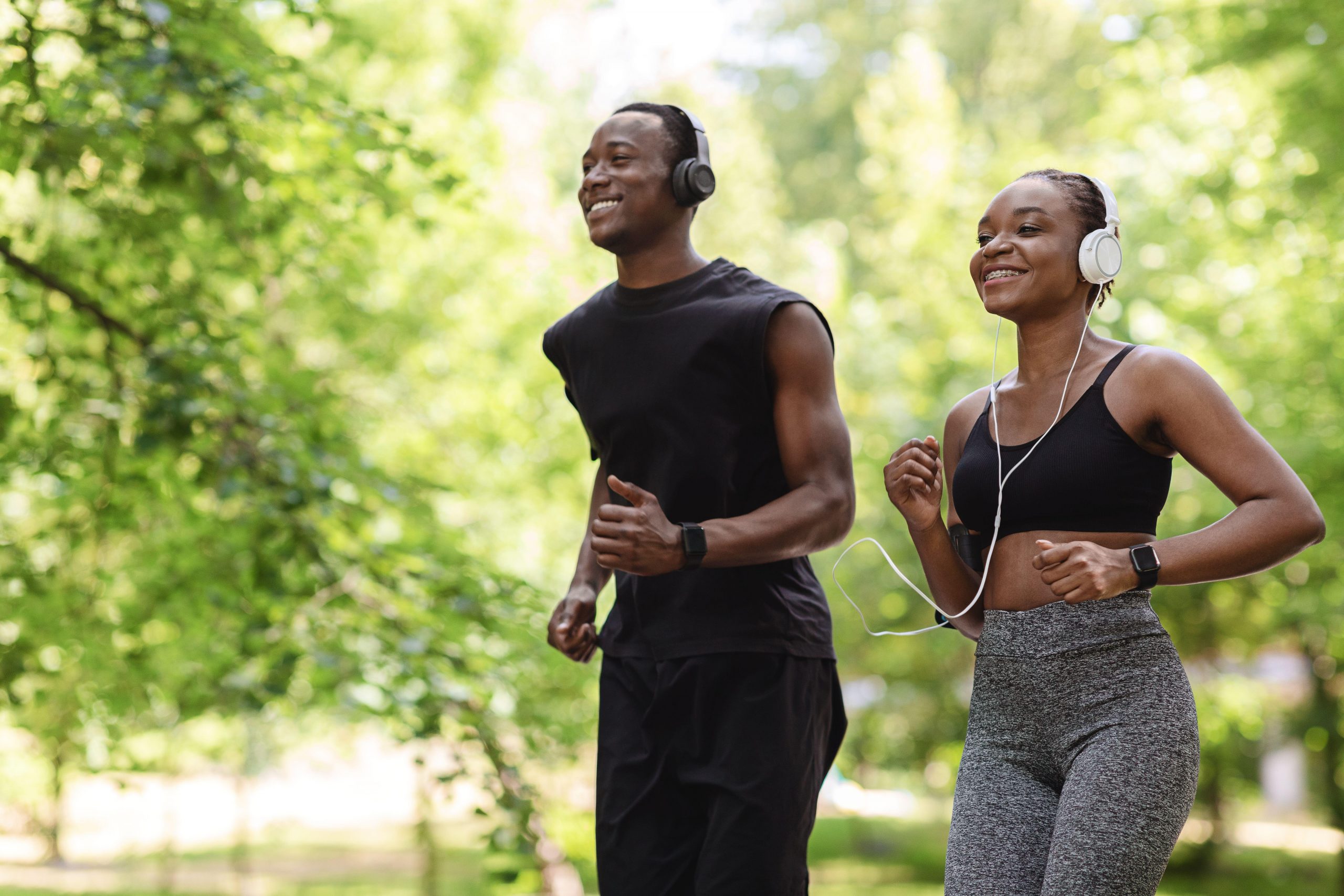
Poor sleep can also affect cognitive function, making it harder to adapt quickly or make snap decisions – which is integral in some sports – and it can make athletes more prone to injury. One study of adolescent athletes, for example, found that a lack of sleep is associated with increased sports injuries.
But a good night's sleep allows the body's cells and tissues to repair, boosts muscle mass and bone building, bolsters the immune system so you're less likely to get sick, allows the heart and vascular system to rest, and helps you feel rested for the day ahead – integral for optimum athletic performance.
With these facts in mind, it's essential that your bed is supportive and comfortable. TEMPUR® knows this, so the company sponsors women’s road cycling team Drops Le Col. Founded in 2016 to encourage female riders to reach their full potential regardless of their age, experience or status, Drops Le Col has been such a success that its aim is to compete as a Women’s World Tour team by 2022.
To boost the team’s exercise performance, TEMPUR® provides premium sleep systems, including mattresses, a pillow and other products, so the women wake refreshed and ready to compete. This is because TEMPUR® truly believes that an amazing night’s sleep starts with the quality products it offers – and that the best rest leads to great health.
‘I chose the TEMPUR® Hybrid mattress because it’s a mix of springs and TEMPUR® material, and it’s more firm, which I really like,’ says Drops Le Col team member Alice Towers. ‘I’ve noticed that I have a lot less disturbances at night, I can settle down a lot quicker and, overall, I’m feeling more refreshed in the morning,’ she says.
Drops Le Col team member Joss Lowdon chose the softer TEMPUR® Cloud mattress. ‘It’s so comfortable,’ she says. ‘It’s taken me by surprise how well I sleep on it. My sleep has definitely improved, I wake up less, I’m less disturbed by my other half’s movements, and because the mattress is softer I’m more comfortable with any aches and pains I have from training or racing.’
The optimal amount of sleep needed before big sporting event
On average, adults need 7-8 hours of sleep a night and teens 9-10 hours a night. However, some studies indicate that more sleep – known as 'sleep extension' – benefits athletic performance. One study undertaken at Stanford University in the US found that getting 10 hours of shut-eye helped improve the sprinting and shooting accuracy of the men's varsity basketball team, while another study found that the kick and reaction times of both male and female swimmers improved after 10 hours' slumber.
'Sleep is a massive pillar of wellbeing and general health. I try to get 10 hours a night,' says Victoria Thornley, Team GB rower and ambassador for The Sleep Charity. 'Rowing has a high daily training volume so has a greater need for sleep and recovery,' she says.
But we are all different. 'My advice to any athletes, or aspiring athletes, would be to experiment with your routine and find what works for you,' advises Victoria. 'Factors like your mattress, light, noise and evening routine can have a huge impact on getting to sleep.'
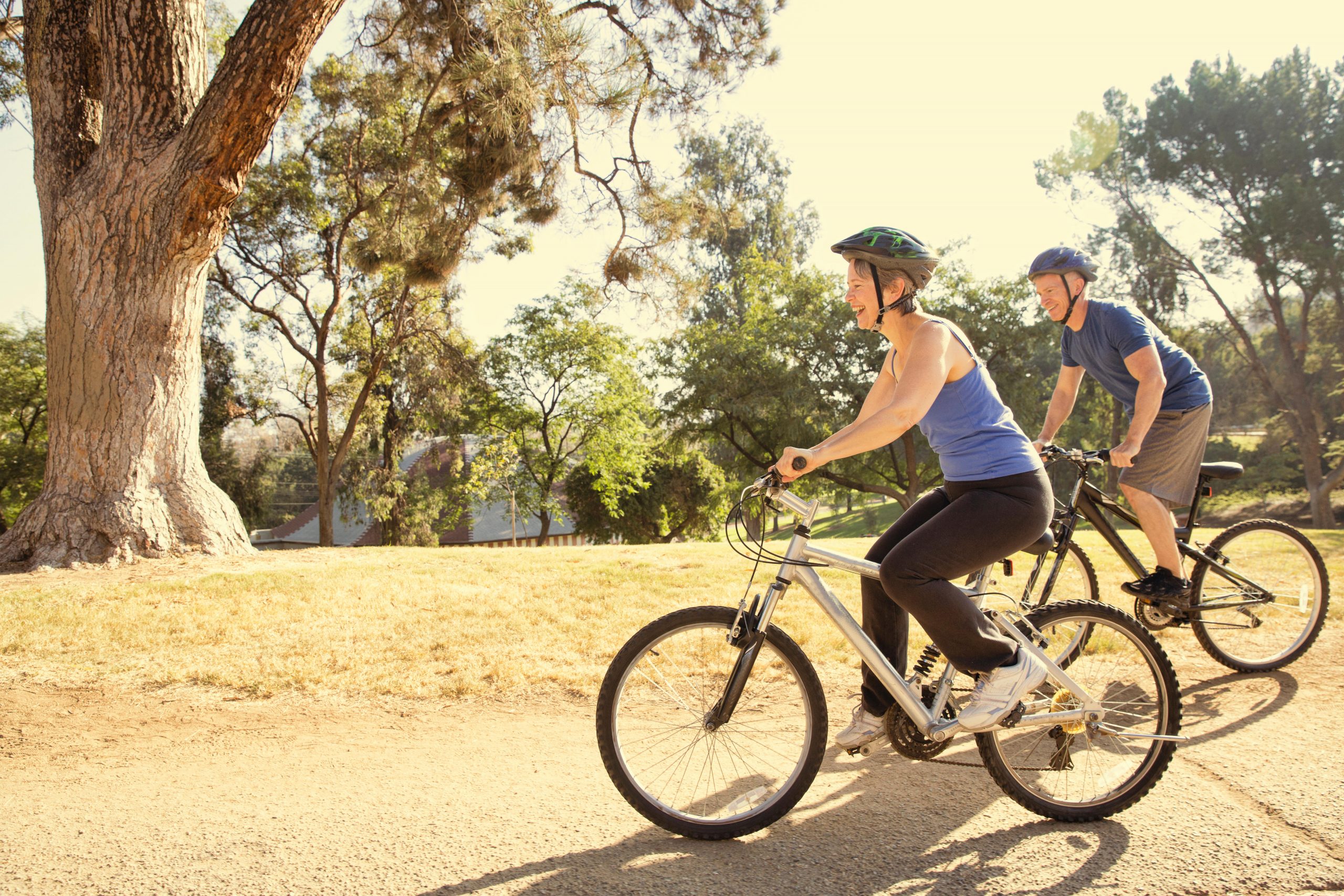
While exercise is conducive to sleep it can keep you awake if you're too active near bedtime. Avoid exercising at least 90 minutes before you plan to fall asleep. This period allows your heart rate to decrease, your body temperature to cool down, and energy-inducing endorphins to settle.
How much sleep do you need to recover after a sporting event?
Studies suggest that how much sleep you need to recover after playing sport depends on the activity and individual. Quality is just as relevant as quantity – perhaps even more so. Researchers have realised 'that sleep serves an absolutely vital physiological function and is arguably the single most important factor in exercise recovery.' Vitally, post-exercise sleep should relieve mental fatigue.
‘Sleep is one of the most important aspects of our training – it’s really important to athletes, both to our physical and mental wellbeing,’ says Joss. ‘When we sleep we repair all our tissues and cells that get damaged when we train, and we also release hormones that help us fight infection, so it’s really important that we get a good night’s sleep so that we can be constantly improving and getting the benefits of our training.’
‘It’s the key to recovery,’ adds Alice. ‘After every session, to be able to train the next day, you need to be rested and ready to go,’ she says.
'The good news is that sleep management strategies for elite athletes are now much more focused than before,' says Dr Gilchrist. 'The recognition of sleep health as a factor to optimise performance can be a game-changer in elite sport programmes.'
With this in mind, try sleeping on a TEMPUR® mattress. Like the athletes TEMPUR® supports, you’ll soon be waking up raring to go. Visit the TEMPUR® website to discover what it really feels like to get night after night of wonderfully restful slumber.
-
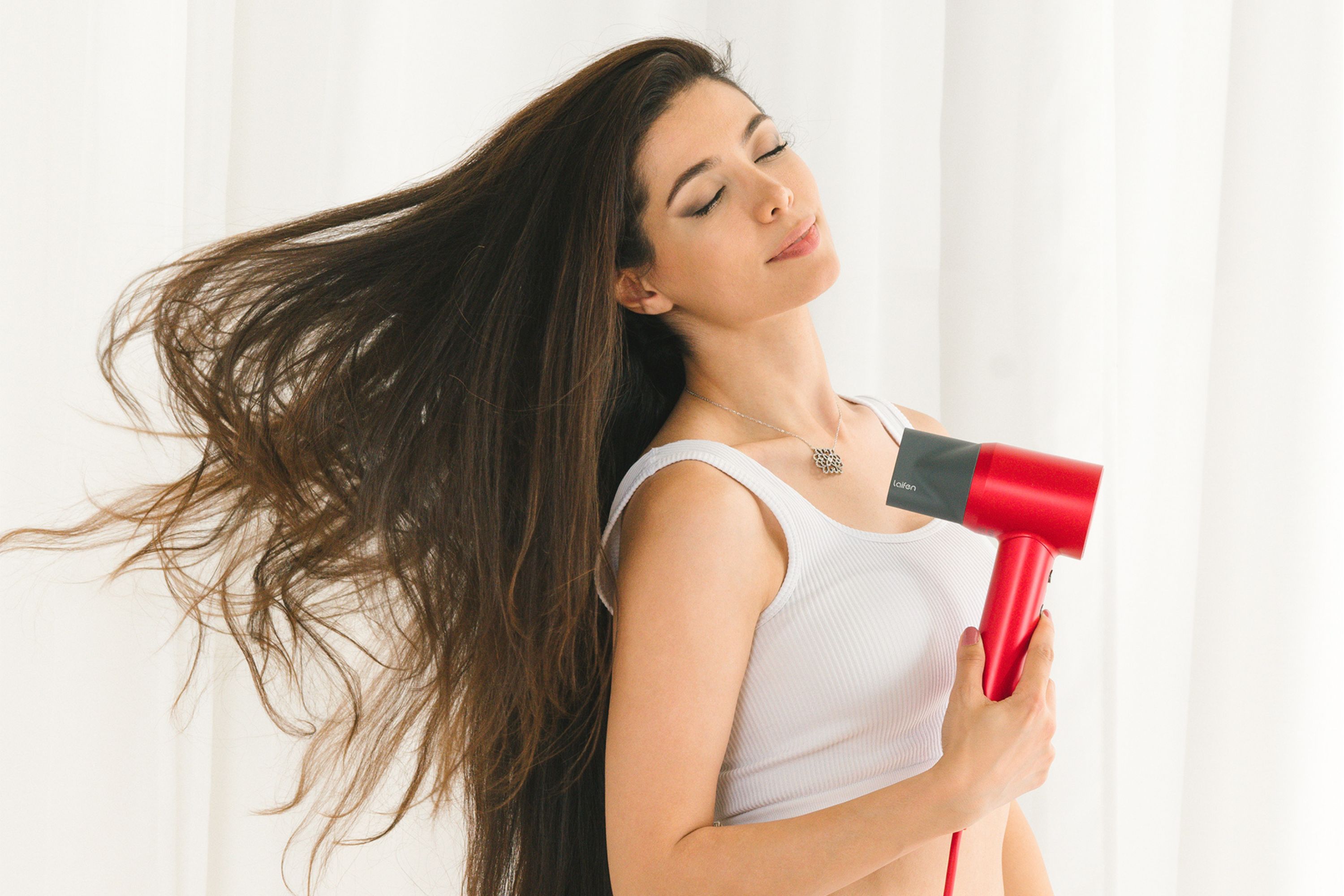 Say goodbye to bad hair days this summer with the Laifen Swift dryer – a third cheaper than the Dyson Supersonic
Say goodbye to bad hair days this summer with the Laifen Swift dryer – a third cheaper than the Dyson SupersonicBy Emily Stedman
-
 Organ donation: “I’m happy we’ve had the talk”
Organ donation: “I’m happy we’ve had the talk”By Ali Horsfall
-
 Loving wife shares organ donation story of “hero” husband
Loving wife shares organ donation story of “hero” husbandBy Ali Horsfall
-
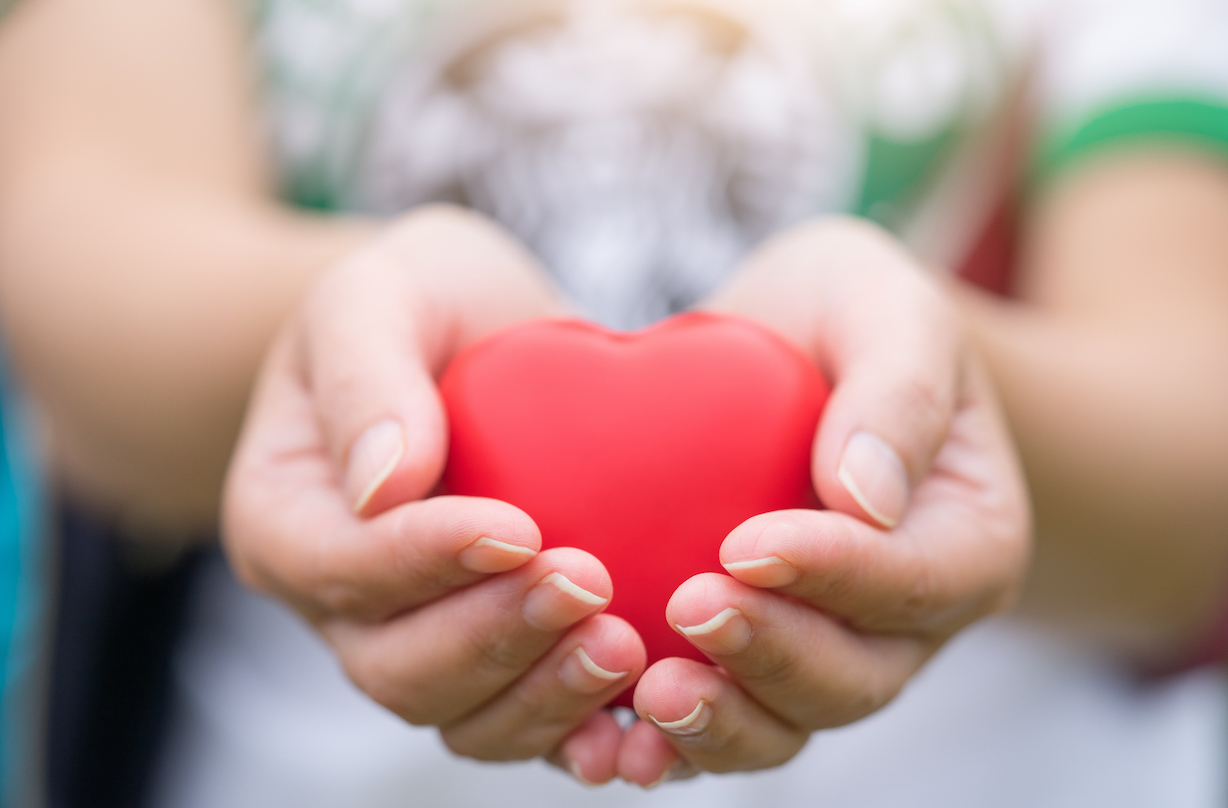 Proud mum supported son’s decision to be an organ donor
Proud mum supported son’s decision to be an organ donorBy Ali Horsfall
-
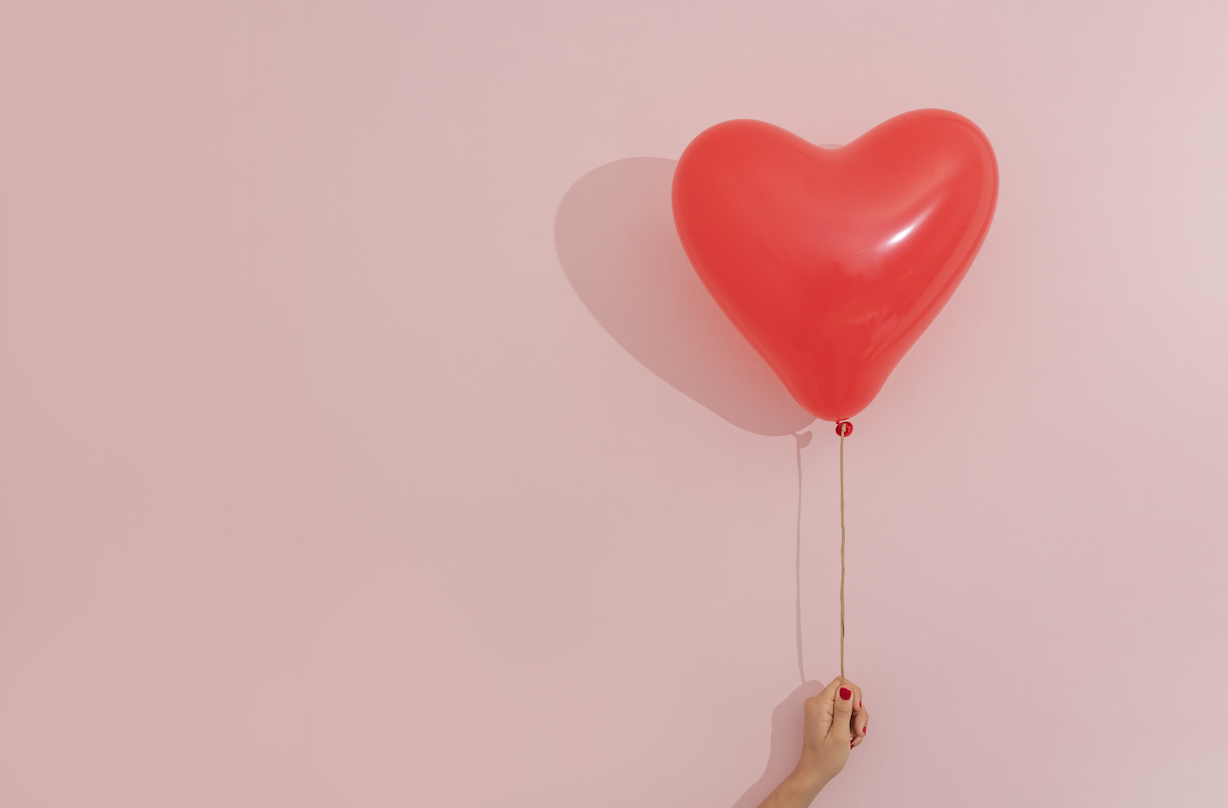 Organ donation: “I received the gift of laughter”
Organ donation: “I received the gift of laughter”By Ali Horsfall
-
 At what age can you donate organs?
At what age can you donate organs?By Ali Horsfall
-
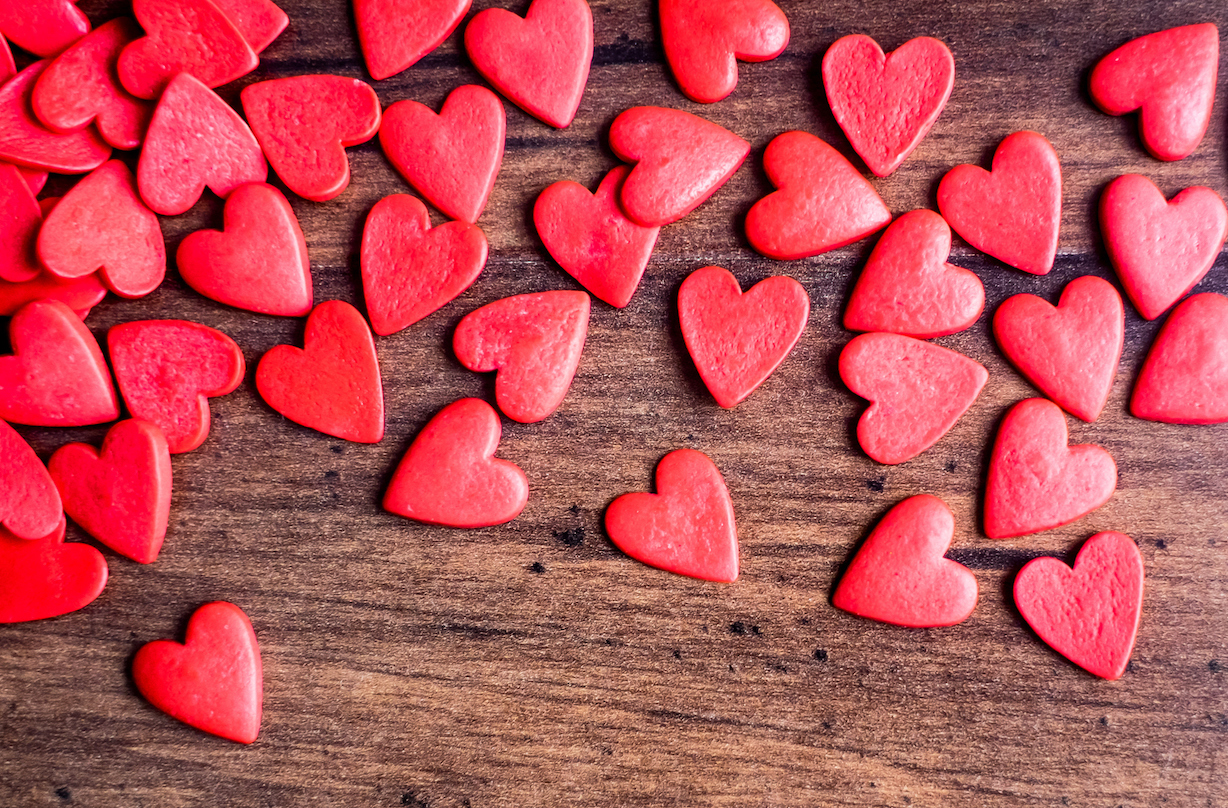 How many lives could one organ donor save?
How many lives could one organ donor save?By Ali Horsfall
-
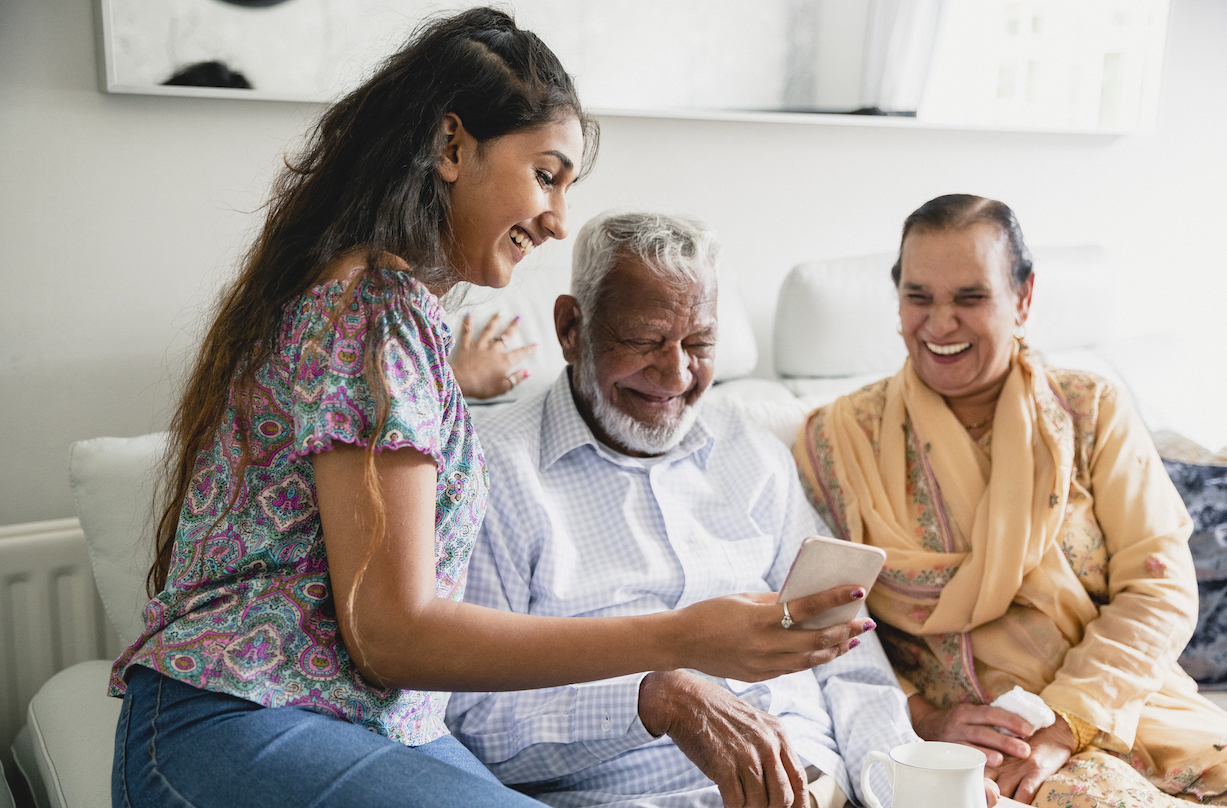 How to talk to grandparents about donating their organs
How to talk to grandparents about donating their organsBy Ali Horsfall